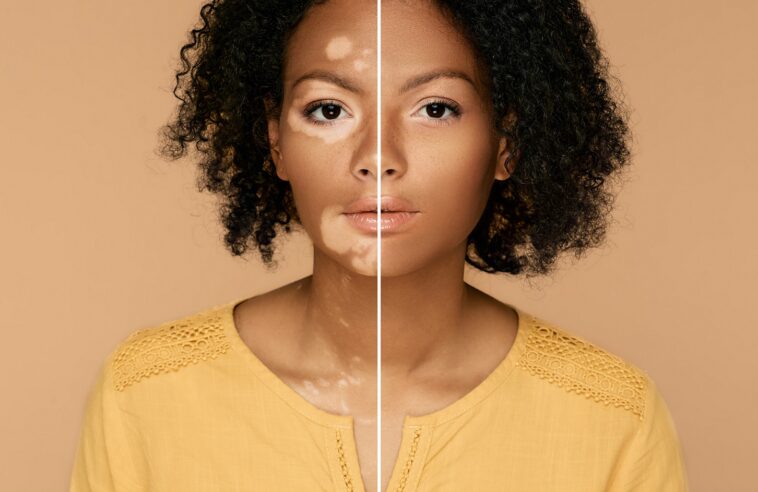Various studies have hinted that vitiligo is a systemic skin disorder with multiple comorbidities. That is why many experts around the world argue autoimmunity plays a role in the loss of melanocytes and patchy depigmentation in the skin condition. The two most common comorbid autoimmune diseases found in people with vitiligo are thyroid disease and alopecia areata. This makes many speculate that vitiligo and lupus are interrelated too, given the autoimmune nature of the later disorder.
Vitiligo and Lupus – What’s the connection?
People with vitiligo are also more likely to live with other autoimmune disorders compared to healthy controls. As per an estimate, around 20% of people that are living with vitiligo have another autoimmune disease due to similarities and overlaps in some of the genes and environmental factors that cause autoimmune disorders/diseases. Even though lupus and vitiligo are different conditions, it is anticipated that someone with vitiligo is more likely to get lupus than someone without the skin condition. Scientists that are still learning about the complex nature of vitiligo think it probably happens due to a complicated combination of environmental effects and a person’s genes in addition to individual differences in the DNA that one inherits from their parents.
The protein made by the NLRP1 gene (nuclear localization leucine-rich-repeat protein) is a key regulator of the immune system, particularly important in the skin, where it helps trigger an immune response if an infection is sensed. Certain variations of the NLRP1 gene are much more common in people with certain autoimmune diseases, including vitiligo, and lupus. So, having variations in certain genes such as NLRP1 might increase one’s risk of getting vitiligo, lupus, or both. One study even hinted that a person with vitiligo is 20 times more likely to have lupus. Other studies have also shown increased risk. This can be proposed the other way too, which means people who lupus might also be at higher risk of having other autoimmune diseases as well, including vitiligo.
Note: Having stated a few studies, to establish a clear link between vitiligo and lupus, more studies are required with a bigger sample size. Till then, it is best to seek the advice of a medical expert if you get diagnosed with any of the conditions mentioned above.

